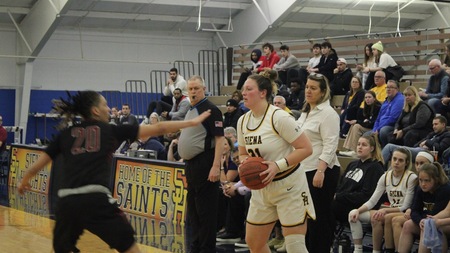COLUMN: A Friendly Reminder, Plastics Are Deadly
Many may remember the gloomy Brita commercial that stated; “last year, the U.S. used enough plastic water bottles to stretch around the earth over 190 times.” Despite this scary reminder, consumers continue to use plastic water bottles, presumably for their convenience.
It is widely known that plastics are not biodegradable and that they litter the planet’s landscapes and waters. Most are also aware of the fact that plastic containers contain Bisphenol A (or BPA), and that this substance has been known to cause things like cancer, diabetes, obesity and high blood pressure among other health concerns.
From an economic standpoint, the purchasing of water bottles also raises many questions in regards to ethics. Privatized organizations capitalize off supposed public resources like water.
There are copious amounts of information pointing to the fact that water bottles are terrible for our health, environment and society. This leaves the consumer to ask themselves; What is a sustainable, healthy and convenient alternative to water bottles?
Portable and reusable bottles are one of the most common methods of avoiding the use of water bottles. A water bottle can be paired with some sort of filtration method to ensure that the water is clean and safe to drink. Filters can be attached directly to a faucet, or used within a water pitcher.
However, many college students may not have access to a faucet all of the time. The water from drinking fountains, especially at Siena, tastes strange because often times there are no working filters within them. This leads students to buy cases of water to avoid complications.
If Siena were to upgrade their drinking fountains with working filters, especially in the residence halls, this would reduce the need for students to purchase water bottles. This would contribute to the overall health and environmental consciousness of the student body, keeping microplastics and plastic in general, out of our bodies and habitats.









